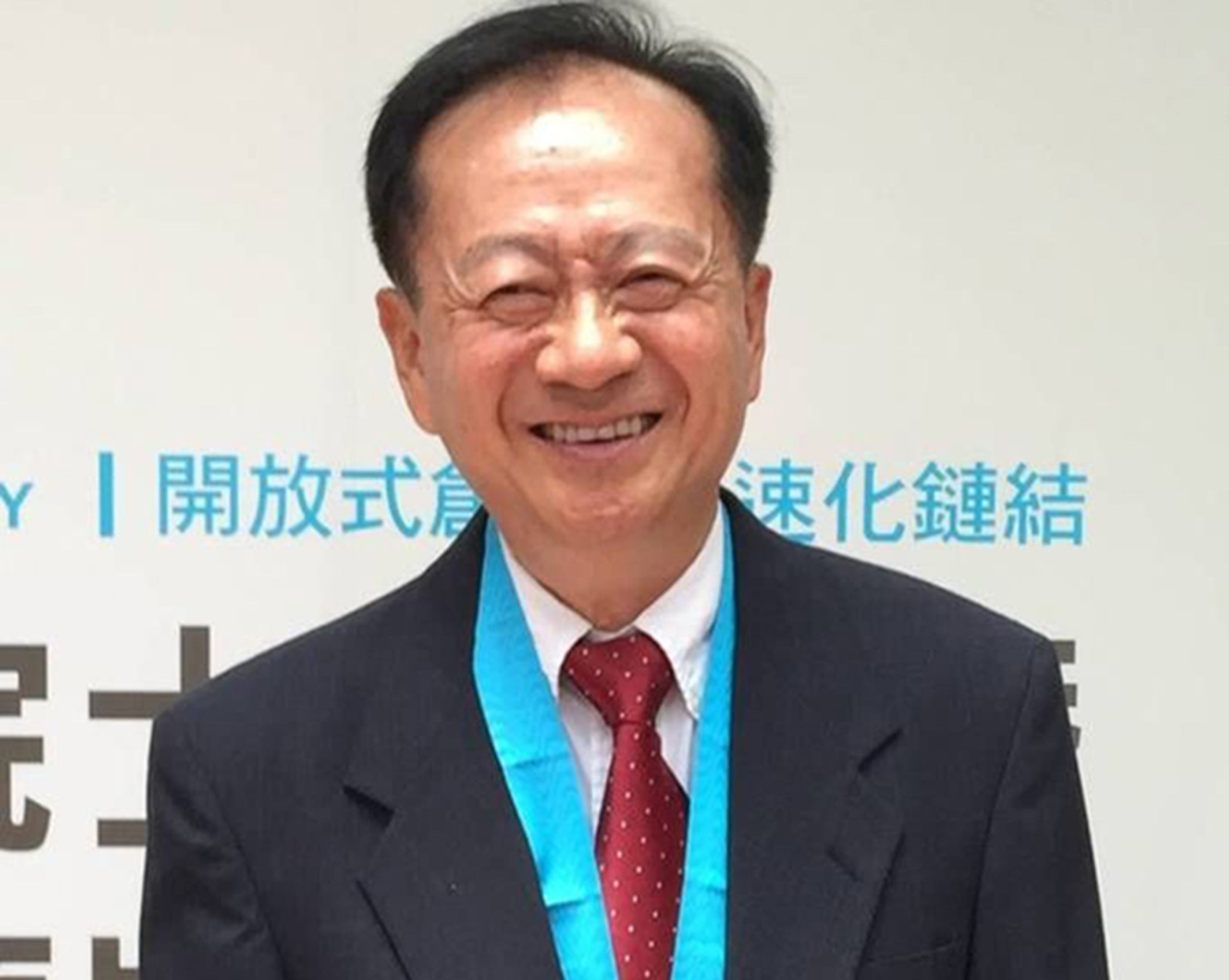
Are Taiwan’s job-hopping chip engineers traitors or patriots?
- Ex-TSMC executives Liang Meng-song and Chiang Shangyi are two of the most visible examples of the hundreds of chip professionals who have crossed the strait
- In a recent high profile case, Taipei prosecutors charged a headhunting firm with illegally poaching Taiwanese engineers for a Chinese AI chip company
Beijing is engaged in multiple efforts to cultivate its local semiconductor talent, but knows that the fastest way to achieve self reliance in the technology is to poach talent from Taiwan – where the engineers not only speak the same language, they have experience working in the world’s most advanced chip fabs.
Taiwan Semiconductor Manufacturing Co (TSMC), the world’s largest contract chip maker, has borne the brunt of that poaching, and it seems that the company’s founder, 89-year-old Morris Chang who retired nearly three years ago, has had enough

“I call on the [Taiwan] government, society and TSMC to keep hold of it tightly,” he added.
Chiang says he is free to pursue his own career, but critics point out that he has gone against a promise he made on retirement from TSMC to “never do anything to harm” the company.
However much Chiang is reviled in Taiwan, it isn’t as bad Liang, who was found to have handed over TSMC’s trade secrets to Samsung Electronics by the Taiwan Supreme Court in 2015.
SMIC founder Richard Chang, a former Texas Instruments fab specialist, had originally established his own foundry in Taiwan, but soon saw it acquired by TSMC against his wishes.
When Chang made his move to China, he brought with him dozens of TSMC engineers, allegedly asking them to disclose proprietary information. TSMC sued for intellectual property (IP) theft and won.
Chang was later accused of contravening the island’s investment law for raising funds in Taiwan to invest in China. Media reports at the time said he was threatened with jail and a hefty fine by Taipei, but Chang claimed “harassment” and declared that Taipei had no jurisdiction over him as he was a US citizen.

Investment laws controlling the transfer of advanced technology to the Chinese mainland predate the SMIC case, but the issue has recently come to a head amid the US-China tech war that has highlighted Taiwan’s role as the main supplier of chips to US tech giants like Qualcomm, Nvidia and Apple.
Engineers taking proprietary knowledge to their new employer is common in the chip industry, and is not a crime in some jurisdictions.
The reference to “traitors” in the semiconductor industry dates back more than 50 years. Silicon Valley folklore recalls that the “traitorous eight” resigned from Shockley Semiconductor Labs in 1957 to found a rival company, Fairchild Semiconductor.
A California law introduced in 1872 prohibits non-compete agreements, allowing the defectors – who included industry legends Bob Noyce and Gordon Moore – to bring with them critical know-how needed to manufacture what back then was the brand new field of silicon transistors.
However, when it comes to taking know-how across international boundaries – regardless of whether the borders are recognised by both sides, as in the case of mainland China and Taiwan – it becomes far more serious. A case of corporate IP theft in one country could be one of espionage for another.
Whether you consider Messrs Liang and Chiang traitors or patriots seems to depend on which side of the Strait you live.
Craig Addison is a production editor on the Post’s tech desk in Hong Kong. From 2002 to 2009 he worked for SEMI, the Silicon Valley-based trade group representing semiconductor equipment and materials companies. Follow @craigaddison

